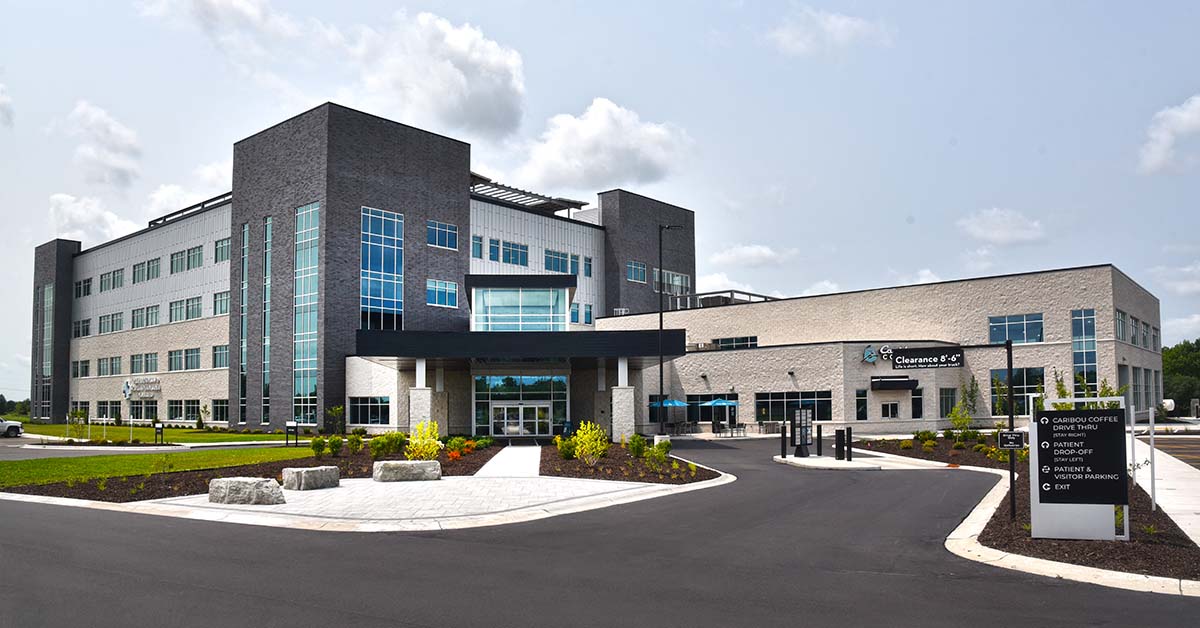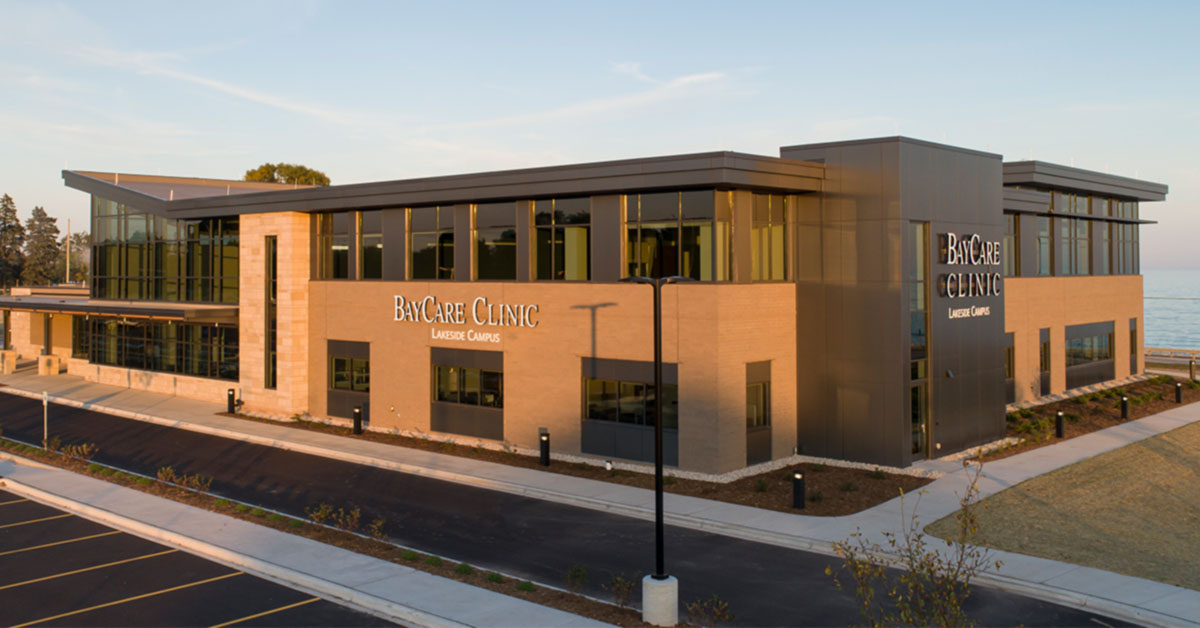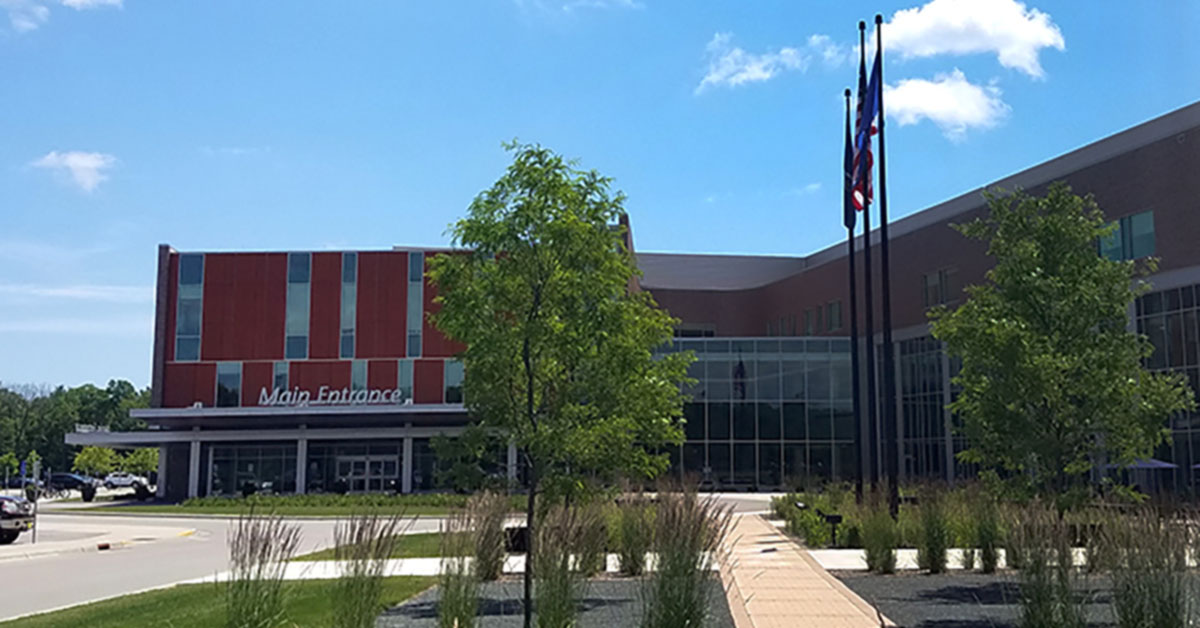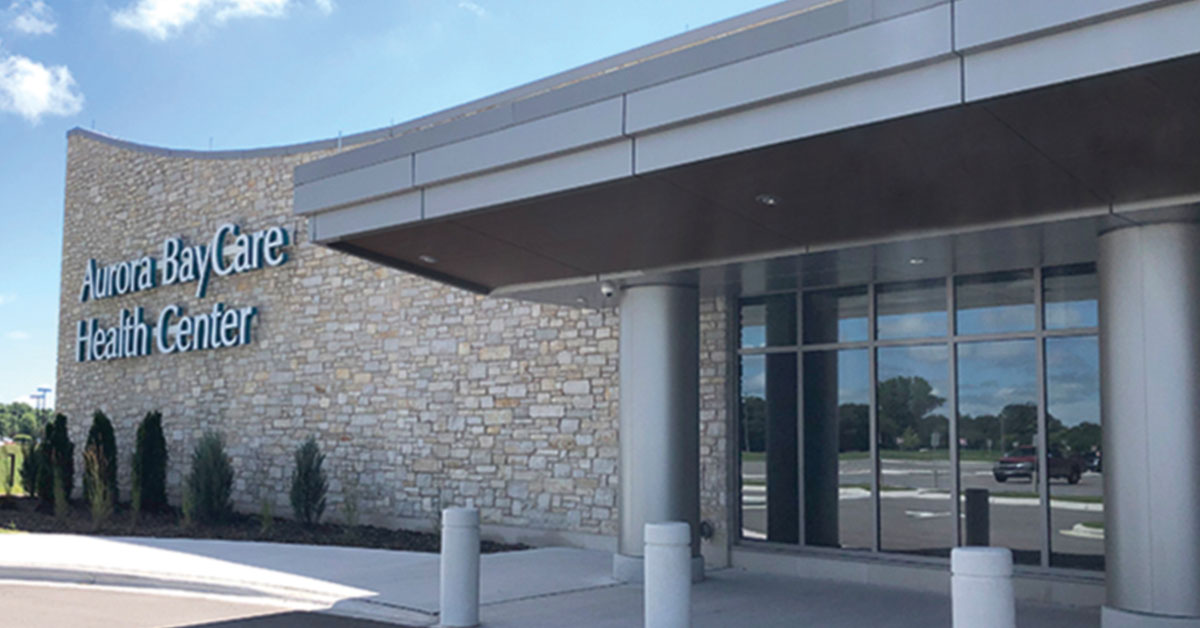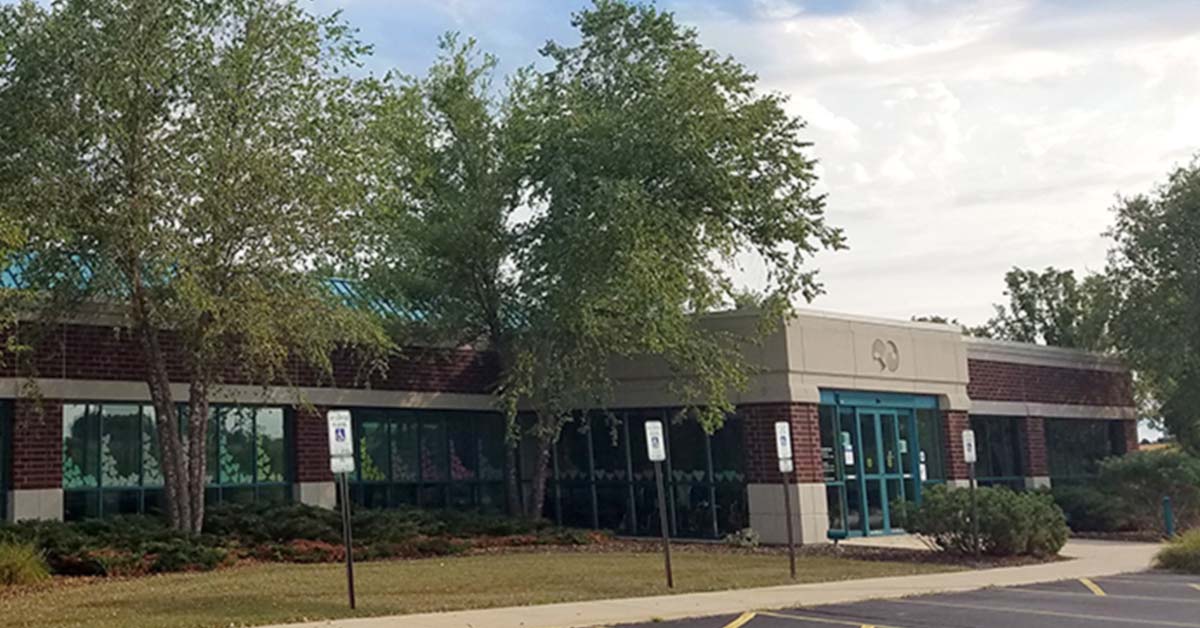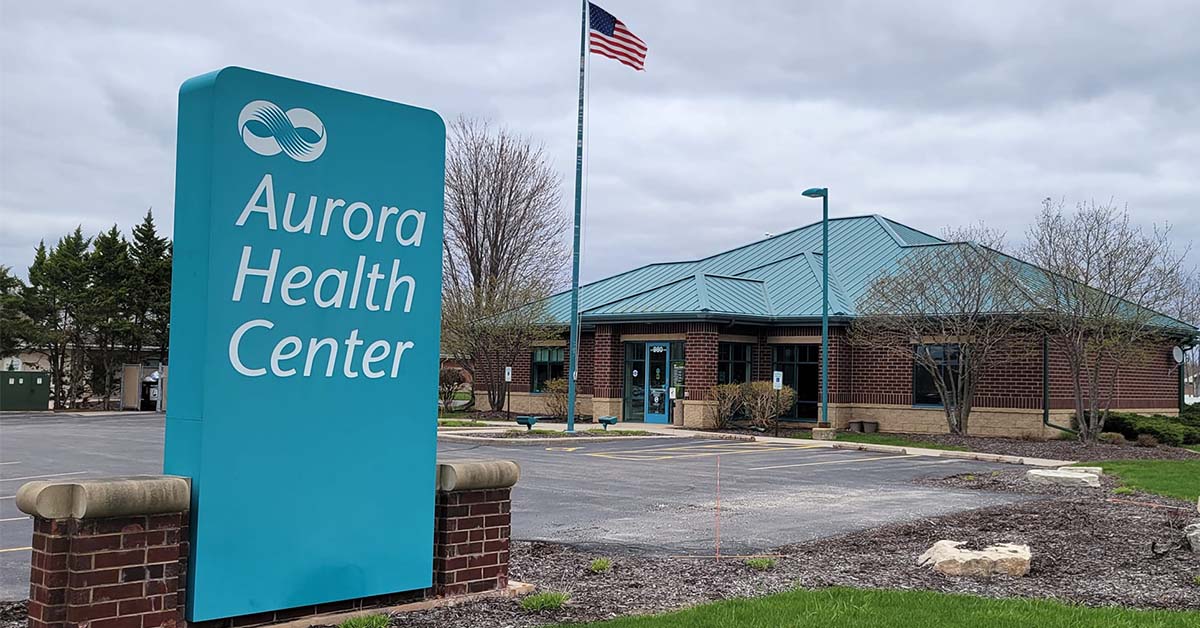Hip Arthroscopy
Hip arthroscopy can treat causes of acute and chronic hip pain
Hip arthroscopy is a form of hip preservation surgery. Hip arthroscopy procedures are intended to fix underlying anatomical abnormalities and structural problems to restore optimal joint health and function.
What is hip arthroscopy?
Hip arthroscopy is a minimally invasive surgical procedure in which an orthopedic surgeon uses a scope, or small high-definition camera, to correct causes of acute and chronic hip pain. The most common cause of hip pain in young, healthy adults is femoroacetabular impingement, or FAI.
How is hip arthroscopy performed?
During hip arthroscopy, the work needed is done through two or three portals, or small cuts, in the skin. One portal is used for the scope while the other portals are used for small surgical tools and instruments. The scope allows the surgeon to see all structures within the hip joint. Depending on where the scope is placed, structures on the side and back of the hip can also be visualized and addressed.
Because the procedure is minimally invasive, people can begin rehabilitation sooner. They often resume normal activity in three to six months, depending on the type of surgery.
Who needs hip arthroscopy?
Any decision for surgery is based on the severity of symptoms and their effect on a person’s quality of life. X-ray and/or MRI findings help measure the severity of damage. Often, injections are also used to determine where pain is stemming from while also providing potential therapeutic benefit.
What are common conditions for which hip arthroscopy is performed?
- Hip pain caused by FAI, or femoroacetabular impingement
- Labrum tears
- Cartilage damage
- Loose bone or cartilage in hip joint
To treat hip pain caused by FAI, arthroscopy reshapes abnormal bony structure in the hip joint to restore a proper fit between the ball and socket. It also addresses related structural damage.
What are other conditions for which hip arthroscopy is performed?
- Hip abductor tendon tears
- Hip flexor tendon irritation or snapping
- Piriformis syndrome, or sciatic nerve entrapment
- Problems related to hip dysplasia
What are conditions for which hip arthroscopy is not recommended?
- Arthritis
- Severe hip dysplasia
- Pain from an uncertain source
Hip arthroscopy may slow the progression of degenerative arthritis. However, hip arthroscopy does not fix arthritis or stop arthritis from developing later in life.
Our goal is to create individualized care plans to reduce pain, improve mobility, reduce the likelihood of further injury and return people to their normal activities as quickly and safely as possible.





